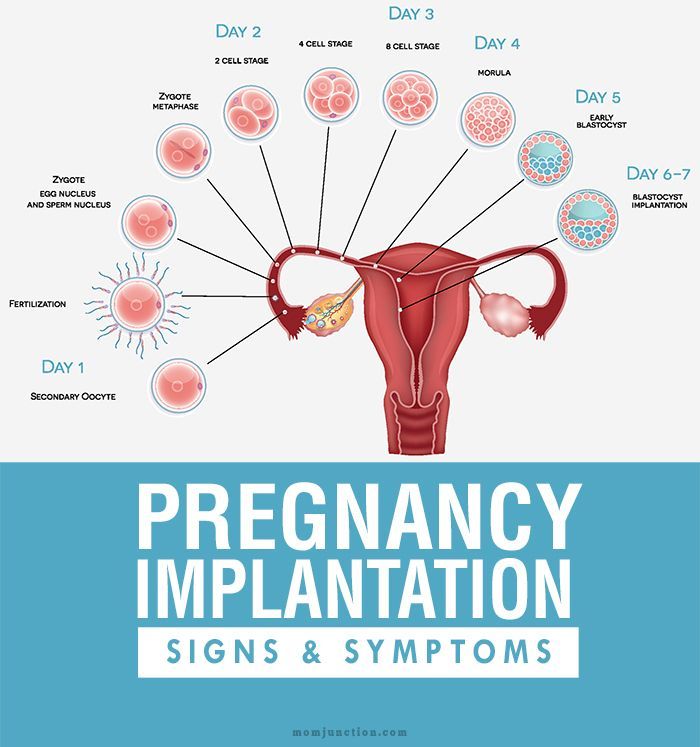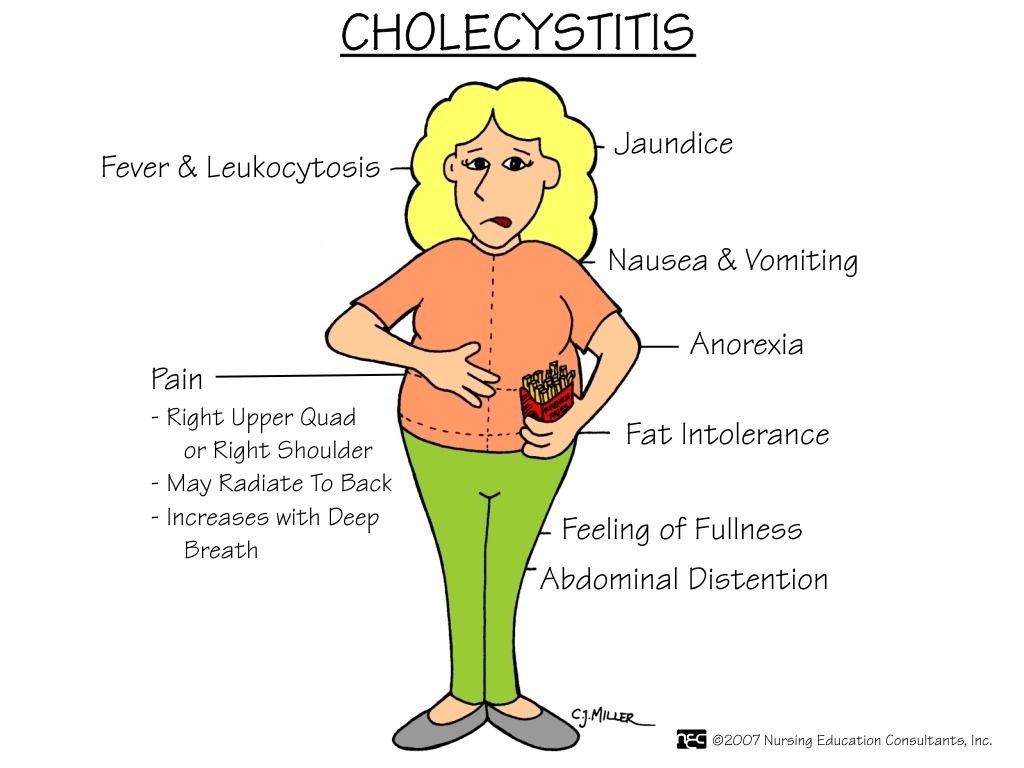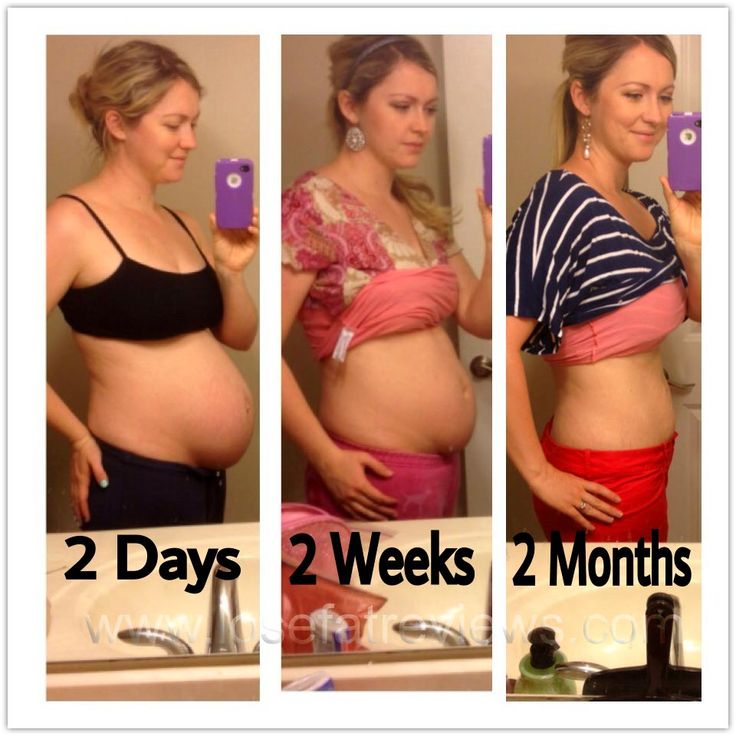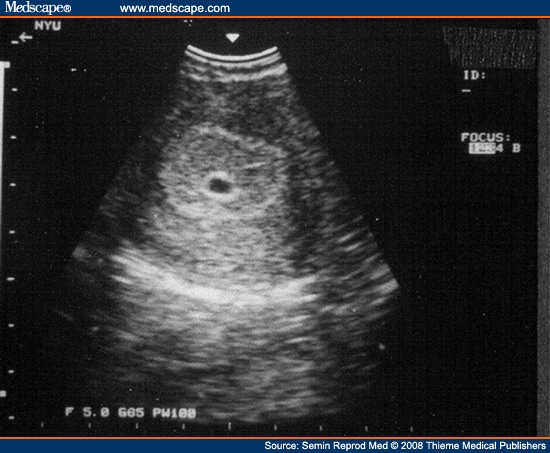Relief for hemorrhoids during pregnancy
Dealing with hemorrhoids during pregnancy
Hemorrhoids can also result from constipation since pregnancy hormones cause your bowels slow down. When stool is hard, the extra straining to eliminate it can put pressure on veins in your rectal area, causing them to become inflamed and bulge. "On top of that, higher progesterone levels cause the walls of the veins to relax and allow them to swell more easily," says Dr. Harris.
If you had hemorrhoids before pregnancy, you're more likely to have them during pregnancy. They can also develop postpartum because of pushing during labor.
How can you prevent hemorrhoids during pregnancy?
Your body undergoes a lot of changes when you're expecting, and swelling veins can be one of them. Talk to other expectant moms during prenatal classes, share experiences or ask your instructor about natural remedies.
These steps may help you avoid hemorrhoids during pregnancy:
Avoid constipation
- Eat a high-fiber diet.
Choose from fresh avocados, beans, and other fruits and vegetables.
- Don't delay going to the bathroom when you feel the urge. Make sure you don't sit on the toilet longer than necessary because this puts pressure on your rectal area.
- If you're already constipated, ask your healthcare provider about a fiber supplement or stool softener.
- Choose a food-based prenatal vitamin. Synthetic vitamins, especially iron, can cause constipation. Food-based prenatal vitamins are more absorbable.
Keep moving
- Get regular (and safe) exercise right up to your due date — as long as your provider says it's OK.
- Do Kegel exercises. They increase circulation in the rectal area and strengthen the muscles around the anus.
- Don't sit or stand for long stretches of time. If your job involves sitting at a desk, get up and move around for a few minutes every hour or so.
Promote good habits
- Drink plenty of water and other fluids.
 If you aren't drinking enough, your body will reabsorb water through the colon, leaving dry stool that's hard to push out.
If you aren't drinking enough, your body will reabsorb water through the colon, leaving dry stool that's hard to push out. - Lie on your side when sleeping, reading or watching TV to take the pressure off your rectal veins.
- Try not to gain more than the recommended amount of weight because the more you gain, the more pressure on the rectum.
How can you treat symptoms during pregnancy?
If you experience symptoms, try one of these remedies:
- Cold therapy can help reduce swelling and bring temporary relief. Apply an ice pack (with a covering) to the affected area.
- Soak in warm water several times a day. If you don't have a bathtub, you can buy a sitz bath. After getting out of the tub, pat the area dry.
- If sitting is uncomfortable, get a donut-shaped pillow to ease the pressure.
- Apply witch hazel pads to the area and change the pads frequently. Witch hazel has a cooling effect and helps reduce swelling.
- Baking soda – used wet or dry – can be applied topically to help alleviate itching.
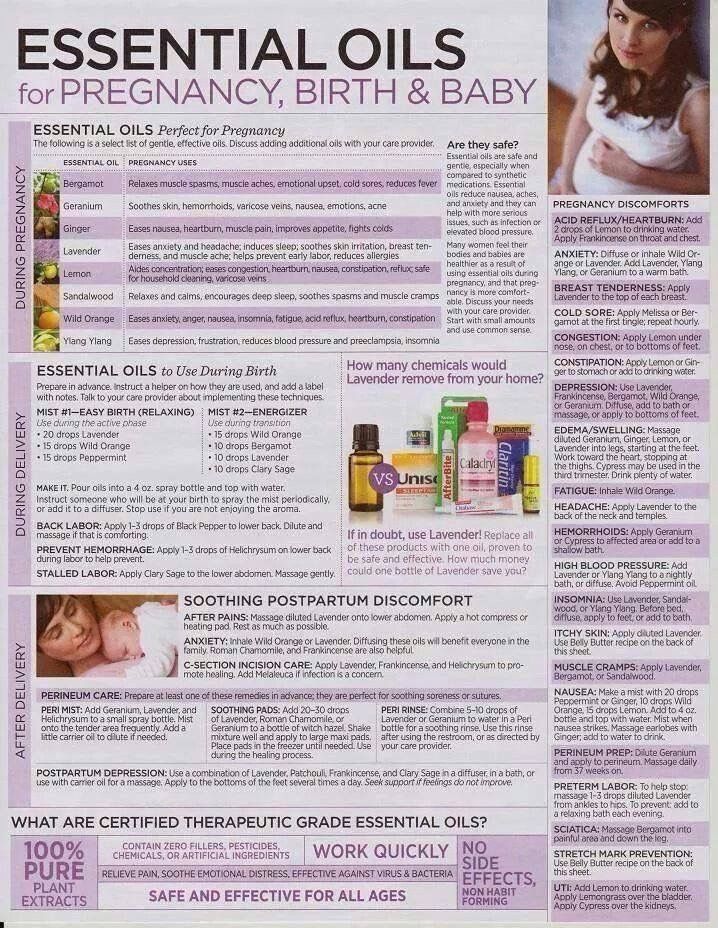
- Coconut oil can relieve pain and inflammation. So can pure aloe vera without added chemicals and fragrances, or arnica.
- Stay clean and use soft, unscented toilet tissue or unscented wipes to avoid more irritation in the affected area.
- Acupuncture can also help.
When should you see your healthcare provider?
Consult your provider if preventive efforts and home treatments don't help, or if you have severe pain or rectal bleeding. In some cases, you may need professional help shrink your hemorrhoids.
Also, always check with your provider before taking any medication for hemorrhoids while you're pregnant. There are a lot of hemorrhoid relief products available. Keep in mind that most of these products should be used for no more than a week to avoid such side effects as skin irritation or thinning.
For many women, hemorrhoid symptoms resolve after delivery. If they persist, surgical treatment might be recommended.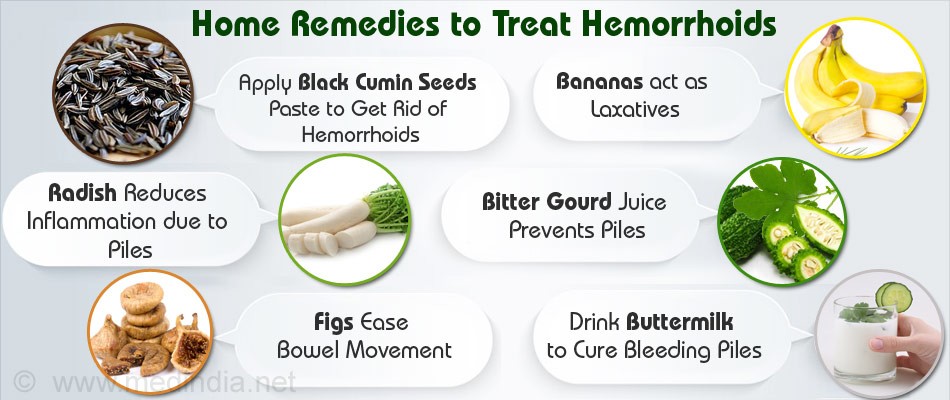
Hemorrhoids During Pregnancy: Causes, Treatment, and Prevention
We include products we think are useful for our readers. If you buy through links on this page, we may earn a small commission. Here’s our process.
Healthline only shows you brands and products that we stand behind.
Our team thoroughly researches and evaluates the recommendations we make on our site. To establish that the product manufacturers addressed safety and efficacy standards, we:
- Evaluate ingredients and composition: Do they have the potential to cause harm?
- Fact-check all health claims: Do they align with the current body of scientific evidence?
- Assess the brand: Does it operate with integrity and adhere to industry best practices?
We do the research so you can find trusted products for your health and wellness.
Read more about our vetting process.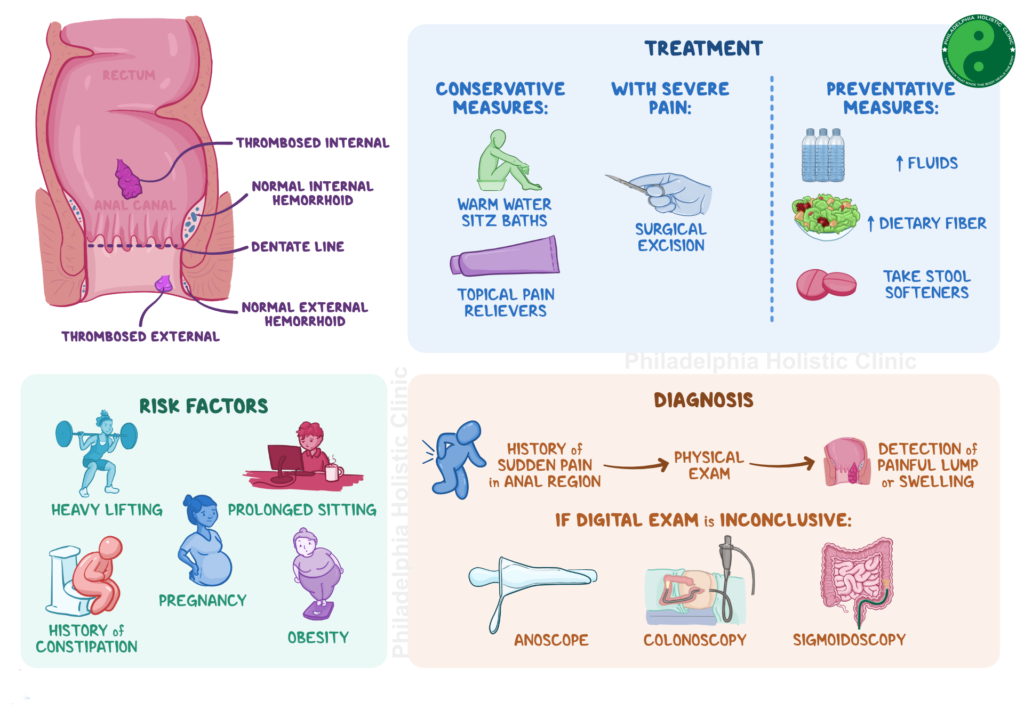
Hemorrhoids are veins in or around the anus that become swollen and inflamed. They’re itchy, uncomfortable, and, unfortunately, more likely to occur during pregnancy.
The pressure from your growing baby on your intestines can increase your chances of developing hemorrhoids as you progress in your pregnancy. This is because you’re more likely to have constipation that can contribute to hemorrhoids.
Fortunately, there are steps you can take to treat hemorrhoids. Let’s take a closer look.
Pregnancy can cause hemorrhoids, in large part due to the greater likelihood of constipation during pregnancy. Constipation is when you have difficulty passing stool or aren’t able to pass stool as frequently.
There are a few aspects of pregnancy that make constipation more likely, such as:
- having higher progesterone levels, which makes it take longer for stool to pass through the intestines
- having lower levels of motilin, which is a hormone that increases intestinal movement
- being less physically active
- taking iron and calcium supplements, which can contribute to constipation
When the uterus gets larger throughout pregnancy, it can also slow down fecal movement.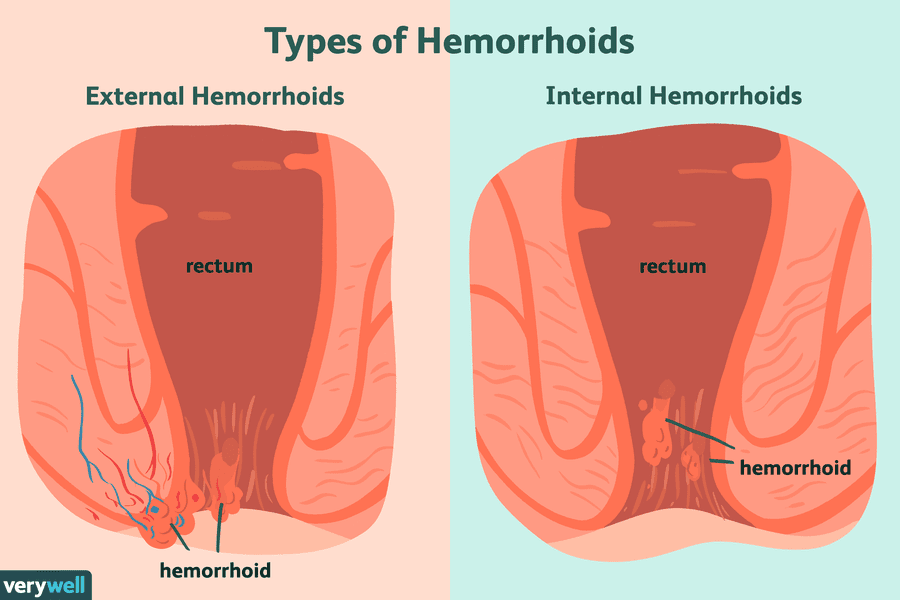
When you’re constipated and stool gets dry or harder to pass, you may strain when you try to make a bowel movement. This straining can put extra pressure on the veins and lead to hemorrhoids.
You may also sit on the toilet longer to try and pass your stool, which can increase the likelihood for hemorrhoids.
A low-fiber diet can also contribute to hemorrhoids, as can a history of chronic constipation or diarrhea before you were pregnant.
Hemorrhoids are usually at their most irritating after you’ve had a bowel movement or engaged in strenuous activity. Some of the symptoms include:
- itching in your anal area
- a tender lump you can feel on the edge of your anus
- pain or discomfort, especially after you go to the bathroom
- a small amount of blood on your toilet paper after you go to the bathroom
You won’t always be able to feel a hemorrhoid — sometimes the hemorrhoid is inside your rectal area.
Treating hemorrhoids involves a combination of reducing symptoms and preventing them from coming back. If your hemorrhoids don’t respond to at-home treatments and the cause is constipation-related, your doctor may recommend taking laxatives or stool softeners, which make stool easier to pass.
If your hemorrhoids don’t respond to at-home treatments and the cause is constipation-related, your doctor may recommend taking laxatives or stool softeners, which make stool easier to pass.
When you’re pregnant, it’s always best to get the go-ahead from your doctor before taking a medication, even if it’s available over-the-counter.
According to the journal Canadian Family Physician, there haven’t been many studies about the safety of laxatives in pregnancy. However, because of the way many of the treatments work (they aren’t absorbed systemically), doctors usually regard them as safe.
Examples include:
- bulk-forming agents, such as bran and psyllium
- stool softeners, such as docusate sodium (available for purchase here)
However, it’s important to be aware of the side effects of any medications you may take. For example, some of the medications can cause lots of fluid losses through your stool. As a result, you may need to up your water intake to prevent dehydration and electrolyte imbalances.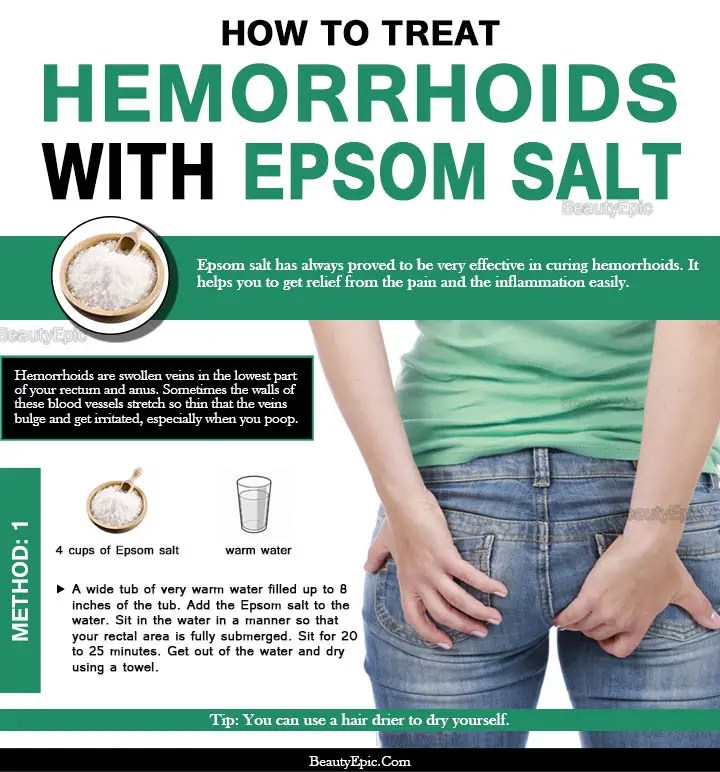
While there are surgical treatments for hemorrhoids, your doctor won’t usually recommend any type of surgical approach while you’re pregnant. Ideally, after you have your baby, your hemorrhoid symptoms should improve.
For most expectant moms, some at-home steps can help to reduce hemorrhoids and their symptoms. Some examples include:
- using baby wipes to cleanse your bottom after going to the bathroom
- using cloth-covered ice packs to reduce swelling for 10-minute time intervals
- using the bathroom as soon as you feel like you need to have a bowel movement
- applying anti-itch ointments, such as hydrocortisone cream
- using witch hazel-soaked pads (such as Tuck’s pads, available for purchase here) to relieve itching
A study published in the journal Women and Birth looked at applying a topical cream or using sitz bathsto treat hemorrhoids in 495 pregnant women.
At the conclusion of the study, researchers found sitz baths to be 100 percent effective in treating hemorrhoids.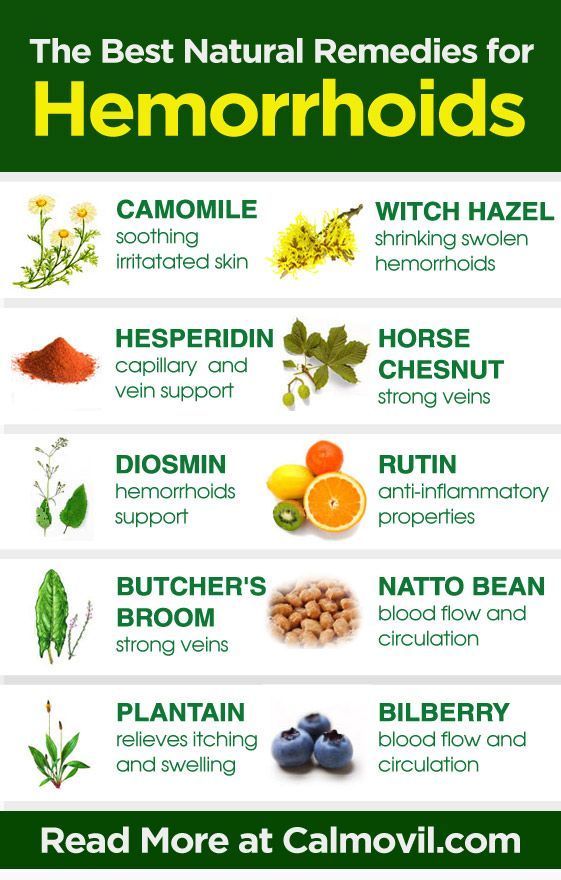 These baths consisted of sitting in a bath of salty, warm water three times a day.
These baths consisted of sitting in a bath of salty, warm water three times a day.
You can also purchase a shallow bath pan, such as this one from Amazon, that fits over your toilet seat to create a sitz bath without having to fill your bathtub.
While you can’t change the rise in hormones and growing belly during pregnancy, your diet and exercise routine can go a long way in treating hemorrhoids during pregnancy. Some preventive steps you can take include:
- increasing your daily water intake to make stool softer and less painful to pass
- increasing your daily fiber intake by eating more fruits, vegetables, and whole grains (unless your doctor has instructed otherwise)
- increasing your daily physical activity, such as walking (your activities don’t have to be high-impact to be effective)
- refraining from sitting on the toilet too long if you aren’t having a bowel movement
Always check with your doctor before upping your exercise routine to ensure you can exercise safely during your pregnancy.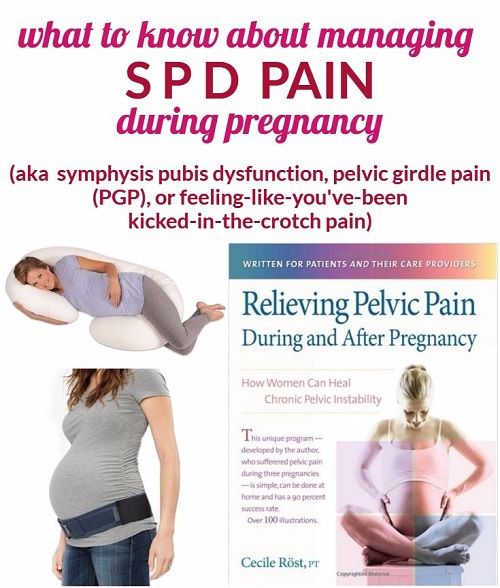
While hemorrhoids are a literal pain, there are treatments that can ease the discomforts.
If at-home methods don’t work well, you’re having difficulty passing stool, or you see more than a small streak of blood on your toilet paper, talk to your doctor. These symptoms may require more aggressive interventions to promote bowel regularity and reduce hemorrhoid discomfort.
Home treatment for hemorrhoids
Do ointments, creams and other medicines help with hemorrhoids?
Many people, faced with such a delicate disease as hemorrhoids, experience a sense of shame and fear, they are afraid to go to a proctologist and prefer to use ointments, creams, suppositories, gels and other drugs that they need to get rid of the disease. advised by acquaintances, pharmacists in a pharmacy or who advertise Mass Media. nine0005
The effects of these drugs are usually short-lived. But such treatment does not solve the main problem: the causes of hemorrhoids do not disappear, but only disguised.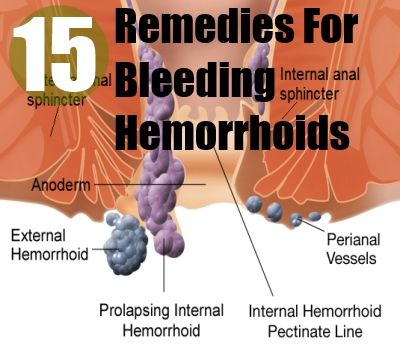
Moreover, the focus of the disease, while the external symptoms are removed, progresses. A common remedy at home in the treatment of hemorrhoids are suppositories, ointments and gels. They are inexpensive, and at first glance effectively cope with the manifestations of hemorrhoids.
Ointment and cream differ in base. The ointment is made on the basis of 100% fat. The basis of the cream is an aqueous emulsion containing about 50% fat. The cream is quickly absorbed, quickly relieves the unpleasant symptoms of hemorrhoids. nine0005
Gel is a water-based dosage form that does not contain fat, is easily absorbed and dries. The activity of gels and creams is higher than the activity of ointments. Gels are more physiological, absorb faster, have a drying and bactericidal effect. They are more suitable for the treatment of weeping wounds, ointments - for softening scaly wounds.
Advantages of ointments, creams and gels in the treatment of hemorrhoids:
- drugs reduce inflammation fairly quickly nine0021 ointments, creams or gels to relieve swelling and congestion
- thanks to medicines, the elasticity of the walls of blood vessels is restored and the tone of the rectum is restored
- cosmetic effect
- anal fissures are softened
All the advantages of drugs listed above in the treatment of hemorrhoids at home - remove the external manifestations of hemorrhoids without eliminating the cause and do not diagnose the factors leading to hemorrhoids. Meanwhile, the causes of the appearance and development of hemorrhoids can be very different - up to oncological formations in the rectum. Therefore, at the first discomfort in the rectum, it is necessary to contact a professional proctologist at Only Clinic in order to conduct a complete proctological examination and proceed to the treatment prescribed by the doctor. nine0005
Meanwhile, the causes of the appearance and development of hemorrhoids can be very different - up to oncological formations in the rectum. Therefore, at the first discomfort in the rectum, it is necessary to contact a professional proctologist at Only Clinic in order to conduct a complete proctological examination and proceed to the treatment prescribed by the doctor. nine0005
Treatment of hemorrhoids at home
How are hemorrhoid ointments, gels and creams treated?
All ointments and creams are composed of many ingredients; a positive effect in the treatment of hemorrhoids is achieved by a combination of several components that enhance the action of each other. Remedies for hemorrhoids are effective and inexpensive.
Currently, there is a huge variety of inexpensive remedies for hemorrhoids that can provide first aid to a sick person at home, relieve pain, remove swelling, and produce a healing and regenerating effect. nine0005
Even if you used one of the remedies for hemorrhoids and felt relief, we strongly recommend that you make an appointment with a proctologist at Only Clinic and get qualified help from a professional doctor and get rid of an unpleasant ailment forever.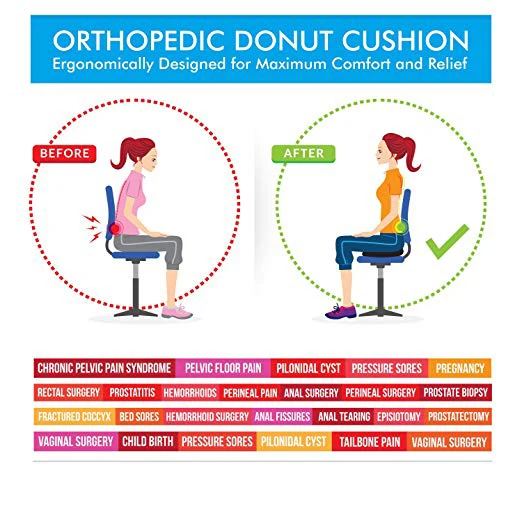
- Heparin ointment for hemorrhoids. The ointment not only effectively eliminates and prevents thrombosis of hemorrhoids due to its liquefying action
- Cream Wax Healthy. Zdorov wax cream is a new drug for fast and effective treatment of hemorrhoids. It contains only natural natural ingredients
- Ointment for hemorrhoids - Levomekol. The main active substance in the ointment is the antibiotic chloramphenicol. It eliminates pathogens, bacteria that provoke the development of hemorrhoids. External application relieves the body of the toxic effect of the antibiotic on the whole body
- Ointment for hemorrhoids - Posterisan Forte. The ointment is a combined agent that combines hydrocortisone and bacteria
- Hemorrhoid ointment - Esculus. Homeopathic ointment based on horse chestnut fruit extract.
 Has a regenerating and anti-inflammatory effect
Has a regenerating and anti-inflammatory effect
- Ointment for hemorrhoids - Heparoid Treatment. White emulsion with a characteristic odor, which contains the active substance heparinoid. It has an anti-inflammatory effect and counteracts thrombosis and accelerates resorption
- Ointment for hemorrhoids - Hirudoproct. Gel based on horse chestnut extract, medicinal leech extract, sea buckthorn and methyluracil. The drug relieves inflammation, strengthens blood vessels, increases local immunity
- Hemorrhoid ointment - Ultraproct. The ointment includes components - fluocortolone and cinchocaine, which mutually enhance the therapeutic effect, have an anesthetic effect and prevent bleeding
- Hemorrhoid ointment – Relief. Relatively inexpensive and effective ointment, which contains shark liver oil and auxiliary elements that provide a good anti-inflammatory and regenerating effect
- Ointment for hemorrhoids - Hepatrombin.
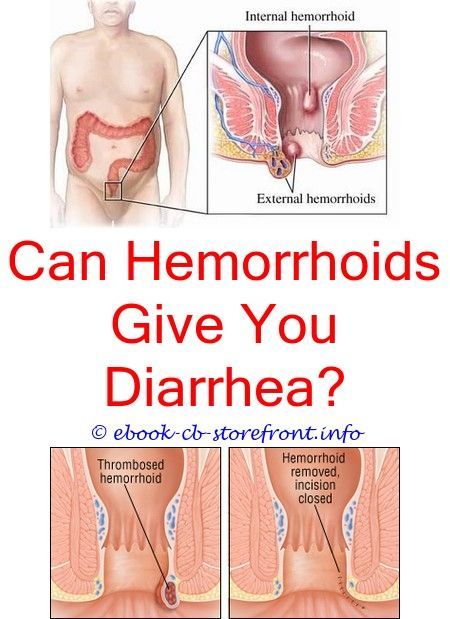 The composition of the ointment includes active ingredients - heparin and prednisolone, as well as excipients - paraffin, lanolin, silicon dioxide nine0031
The composition of the ointment includes active ingredients - heparin and prednisolone, as well as excipients - paraffin, lanolin, silicon dioxide nine0031 - Ointment for hemorrhoids - Proctosan. Ointment based on lidocaine and bufexamac gives a good result in the treatment of hemorrhoids, as it provides pain relief and anti-inflammatory therapy
- Ointment for hemorrhoids - Proctosedyl. Has anti-inflammatory, analgesic, regenerating properties. Relieves swelling, itching, burning, discomfort and irritation
- Fleming's ointment. Homeopathic remedy based on calendula, witch hazel, horse chestnut, menthol, zinc oxide. Has an antiseptic and drying effect
- Ointment for hemorrhoids - Troxevasin. The agent is an analgesic, venoprotector and an effective antiseptic. Reduces swelling, itching, burning, prevents the spread of bacteria
- Ointments for the treatment of hemorrhoids during pregnancy.
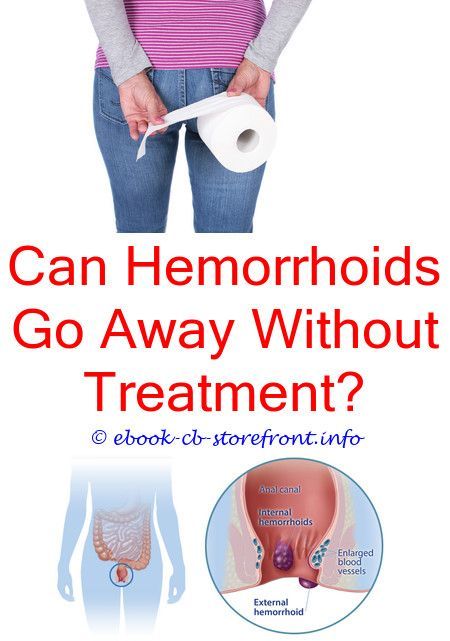 nine0004 For pregnant women, it is recommended to use such ointments as Fleming's ointment, Posterisan, Troxevasin ointment, Heparin ointment. In addition, you can use sea buckthorn oil and Vishnevsky ointment. The drugs are not only effective, but also safe for the mother and unborn child.
nine0004 For pregnant women, it is recommended to use such ointments as Fleming's ointment, Posterisan, Troxevasin ointment, Heparin ointment. In addition, you can use sea buckthorn oil and Vishnevsky ointment. The drugs are not only effective, but also safe for the mother and unborn child.
How to use hemorrhoids
As a rule, ointments, creams and other hemorrhoids are supplied with an applicator that allows you to conveniently apply the drug to the sore spot and hemorrhoids. Means are used 3-4 times a day: after morning hygiene procedures, in the evening before bedtime, and also after each bowel movement. nine0005
It is desirable to inject the drug as deeply as possible. Since each hemorrhoid remedy has its own characteristics, special properties and side effects, it is better to consult a doctor . The proctologist will prescribe the right medicine.
Take care of your health, don't start the disease. Call or leave a request below.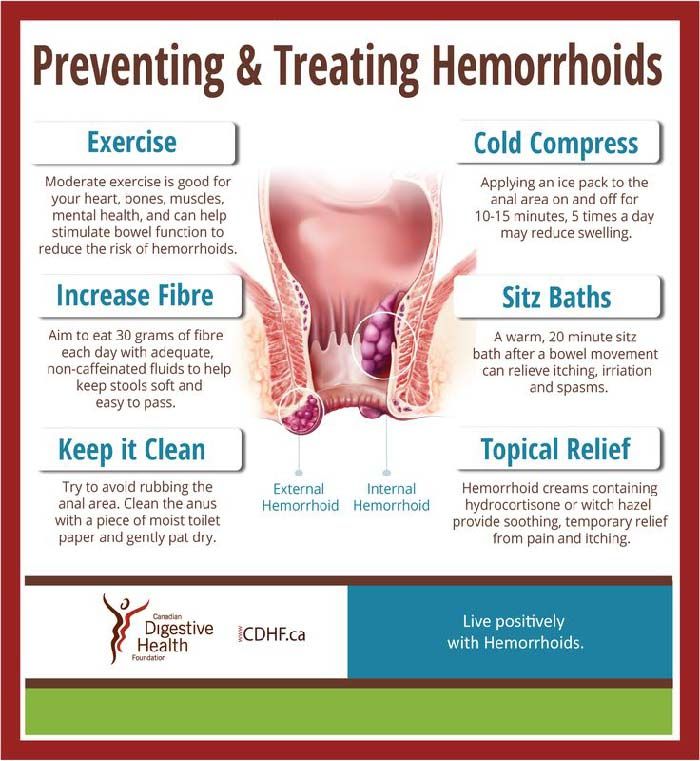 Use the phone number +7 (831) 266-77-60 for an appointment. We are always ready to help you!
Use the phone number +7 (831) 266-77-60 for an appointment. We are always ready to help you!
Hemorrhoids during pregnancy - how to treat
Contents
1. Introduction 2. Why pregnant women get hemorrhoids 3. What are the symptoms of hemorrhoids 4. How to treat hemorrhoids in pregnant womenWomen have additional risk factors for developing hemorrhoids. These include pregnancy and childbirth. The body of the expectant mother is prone to various diseases associated with pathological varicose veins. Up to 40% of all pregnant women experience hemorrhoids. Most cases occur in the second and third trimesters. nine0005
You can associate the disease with the changes that occur with a woman's body during this delicate period. Many pregnant women stop worrying about hemorrhoids immediately after delivery, but for a large number of women the problem remains during breastfeeding, but goes away on its own after a few months. If, upon detection of symptoms of hemorrhoids, you turn to a qualified coloproctologist in a timely manner, then the doctor will help relieve unpleasant symptoms with the help of conservative methods of treatment.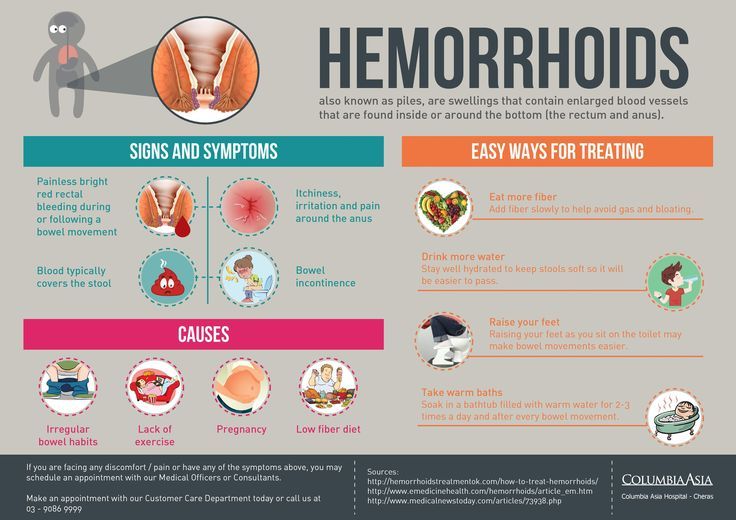 If you follow the recommendations of a specialist, there are great chances to quickly stabilize the condition and avoid dangerous consequences. nine0005
If you follow the recommendations of a specialist, there are great chances to quickly stabilize the condition and avoid dangerous consequences. nine0005
Why pregnant women get hemorrhoids
During the period of bearing a child, the hormonal background, as well as various body structures, undergo changes. A high level of the hormone progesterone is necessary to maintain pregnancy, but it also affects the state of the vascular wall, and specifically, it makes it not so elastic. Hemorrhoids of pregnant women often develop against this background. In addition, it is worth considering the fact that in the body of a pregnant woman the volume of circulating blood increases significantly. In addition, in the process of fetal growth, intra-abdominal pressure inexorably increases, due to which all organs and vessels experience increased stress. Due to health or doctor's advice, many patients are advised to limit their physical activity in order to maintain pregnancy.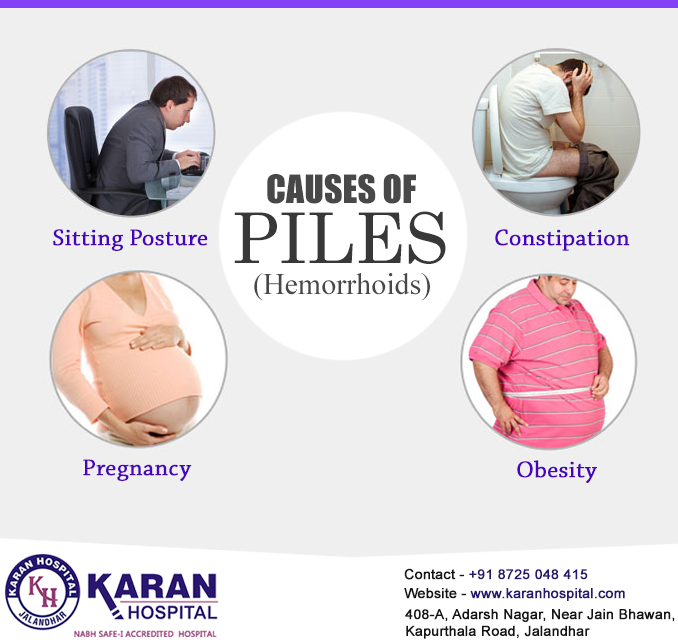 The lack of movement is one of the key factors in the formation of congestion in the small pelvis. This subsequently leads to a deterioration in the outflow of blood from the hemorrhoidal plexuses. As a result, hemorrhoids, external and internal, increase in size. Also, a huge number of pregnant women complain of constipation. Dense stools and the need to push when going to the toilet also take their toll on rectal health. nine0005
The lack of movement is one of the key factors in the formation of congestion in the small pelvis. This subsequently leads to a deterioration in the outflow of blood from the hemorrhoidal plexuses. As a result, hemorrhoids, external and internal, increase in size. Also, a huge number of pregnant women complain of constipation. Dense stools and the need to push when going to the toilet also take their toll on rectal health. nine0005
Childbirth itself is a rather difficult process for the body. As a result of straining, an increase in size and prolapse of hemorrhoids can occur even in those women who did not notice the symptoms of hemorrhoids before. Despite the fact that hemorrhoids can reduce the quality of life, he still does not threaten her. However, the disease still requires treatment and attention from the patient. Constant pain, problems with bowel movements, bleeding - this can weaken the body and undermine the emotional state. During pregnancy, any stress can be considered as unwanted.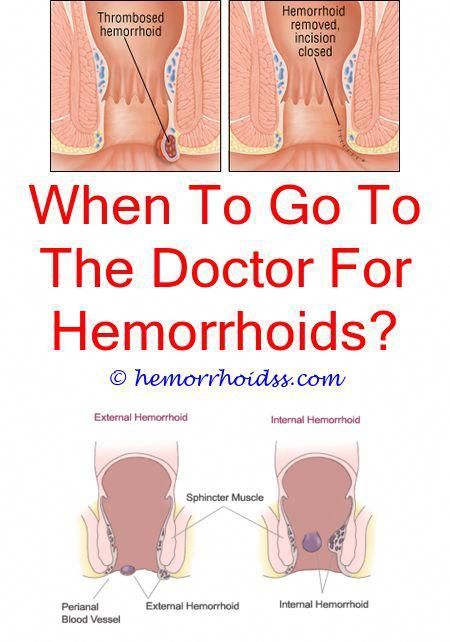 nine0005
nine0005
What are the symptoms of hemorrhoids
It is difficult not to notice the exacerbation of hemorrhoids, because it is accompanied by acute pain. Discomfort can manifest itself in different ways: someone talks about cutting pain, others notice a burning sensation or dull pain in the anus. Many patients report a feeling of incomplete emptying of the bowels and a feeling as if there is a foreign object in the rectum. The pain becomes more intense during a long stay in a sitting position or walking, and also increases when going to the toilet. In case of injury to hemorrhoids, rectal bleeding is possible. If the external nodes located around the anus are enlarged, they can become inflamed. Significant discomfort brings the spread of inflammation to neighboring tissues. nine0005
How to treat hemorrhoids in pregnant women
One of the key conditions for the successful treatment of hemorrhoids is the normalization of nutrition. Eating a healthy diet will ensure proper digestion, help prevent constipation and soothe irritation from the intestines. The menu should consist of porridge, boiled and stewed vegetables, non-fat meat and fish, light soups. All products that can provoke a rush of blood to the pelvic organs must be excluded from the diet. This applies to any spicy, smoked or salty food. Since only conservative treatment of hemorrhoids is available for pregnant women, it is important to take care of proper hygiene of the non-perianal area. Regular hygiene procedures will reduce the risk of complications of hemorrhoids. If the patient has severely inflamed external hemorrhoids, then it is better to abandon ordinary toilet paper, replace it with a hygienic shower or soft wipes. The temperature of the water for washing should be quite cool, warm water will lead to an unwanted rush of blood to the problem area. Any long stay in one position without movement can do harm. Therefore, pregnant women need to monitor the amount of physical activity.
Eating a healthy diet will ensure proper digestion, help prevent constipation and soothe irritation from the intestines. The menu should consist of porridge, boiled and stewed vegetables, non-fat meat and fish, light soups. All products that can provoke a rush of blood to the pelvic organs must be excluded from the diet. This applies to any spicy, smoked or salty food. Since only conservative treatment of hemorrhoids is available for pregnant women, it is important to take care of proper hygiene of the non-perianal area. Regular hygiene procedures will reduce the risk of complications of hemorrhoids. If the patient has severely inflamed external hemorrhoids, then it is better to abandon ordinary toilet paper, replace it with a hygienic shower or soft wipes. The temperature of the water for washing should be quite cool, warm water will lead to an unwanted rush of blood to the problem area. Any long stay in one position without movement can do harm. Therefore, pregnant women need to monitor the amount of physical activity.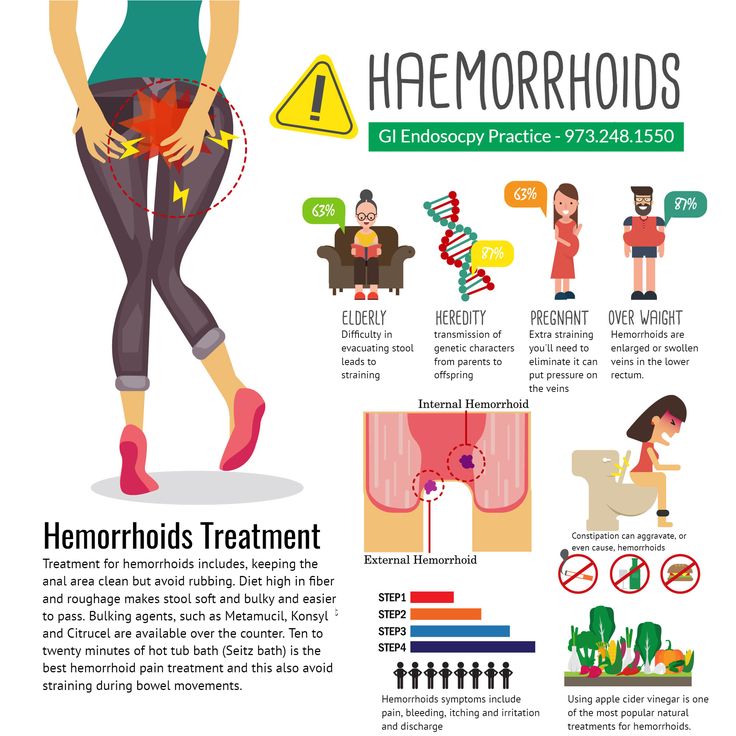 The choice of drugs for the treatment of hemorrhoids in pregnant women is the task of a specialist. Even local drugs can be absorbed into the blood, so the doctor must carefully approach his appointments. When choosing a drug treatment regimen, the coloproctologist takes into account the duration of pregnancy, the nature of hemorrhoids and its stage. To alleviate the condition of pregnant women, to reduce hemorrhoids in size, local remedies are usually used in the format of suppositories and ointments. nine0005
The choice of drugs for the treatment of hemorrhoids in pregnant women is the task of a specialist. Even local drugs can be absorbed into the blood, so the doctor must carefully approach his appointments. When choosing a drug treatment regimen, the coloproctologist takes into account the duration of pregnancy, the nature of hemorrhoids and its stage. To alleviate the condition of pregnant women, to reduce hemorrhoids in size, local remedies are usually used in the format of suppositories and ointments. nine0005
FAQ
No, it can't. Hemorrhoids are a consequence of the expansion and deformation of the vascular walls, and not a neoplasm.
The danger of late treatment is that rectal cancer may be behind the discomfort and discharge!
Therefore, it is recommended to consult a proctologist as soon as possible, even with minor symptoms.
Manifested by hemorrhoidal formation protruding from the anus, pain during defecation or physical activity, bleeding of varying intensity, often itching in the perianal region.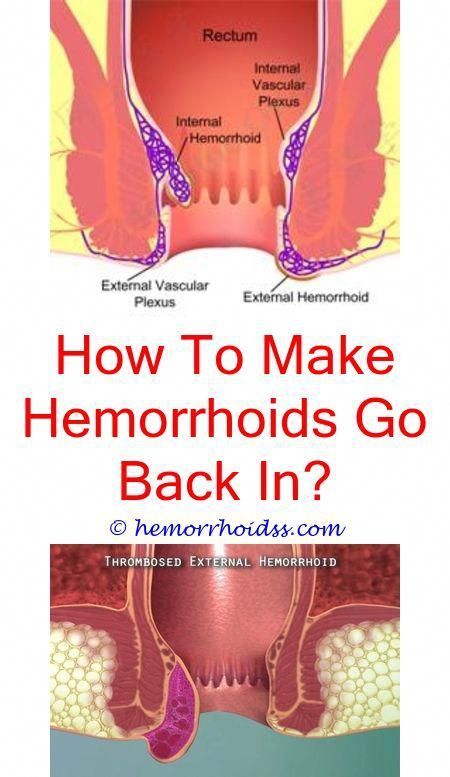 nine0005
nine0005
The problem is compounded by the fact that other serious pathologies, such as rectal cancer, have similar symptoms.
Therefore, it is strictly not recommended to self-medicate and, if symptoms are detected, consult a doctor immediately.
Drinking water alone will not eliminate the risk of developing hemorrhoids.
The fact is that in the large intestine, the microflora contributes to putrefaction and the formation of feces. They move due to peristalsis - undulating contractions of the smooth muscles of the intestine. nine0005
During the operation of the gastrointestinal tract, the walls of the colon constantly absorb incoming water. In the absence of a proper level of peristalsis, drinking even a large amount of water will not help, since the feces will linger in some areas for a long time and harden.
The most common complications are bleeding and thrombosis of the hemorrhoid. A strong pain syndrome indicates a possible pinching of the node.
